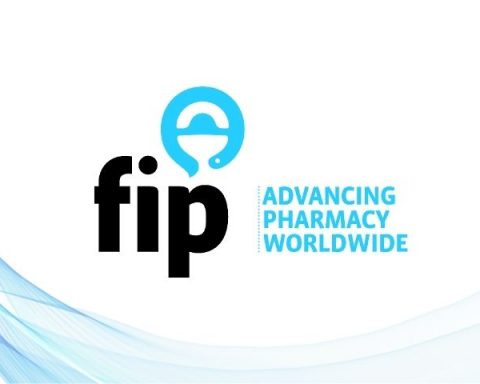The Hague — The digital era is radically changing how technology is used, and new technologies are set to have major impacts on how people live and work. How pharmacists and pharmacy organisations can rise to the challenge of these technologies and embrace them is set out in a new Position Statement on emerging technologies and pharmacy practice released by the International Pharmaceutical Federation (FIP) today.
The statement highlights technological advances, some considered disruptive, that are affecting the pharmacy profession, including: successfully providing remote services during the COVID-19 pandemic; 24/7 online access to pharmacists; harvesting of patient health and online purchasing data by profit-seeking entities; the use of artificial intelligence; and the use of marketing tools to encourage patients to buy medical products.
The statement insists that, to protect patients, pharmacists must be involved in the development of digital health technologies. “Any new disruptive technology or business model must not dilute the inherent protections that are in place for consumers and civil society under the conventional pharmacy model. They must allow for the continued pharmacist-based professional stewardship of medicines,” it adds.
Lars-Åke Söderlund, president, FIP Community Pharmacy Section, said: “Understanding the changing healthcare landscape and patients’ evolving needs and expectations will be crucial for the profession of pharmacy as we develop new services, incorporate new evidence-based digital tools, and advance our possibilities in the scope of patient-centred care.”
“It is time to evaluate the services that pharmacists are providing through digital health tools that enhance pharmacy services by improving access for patients who choose to receive care digitally. After all, digital health in the end is about health – digitally enabled,” Dr Söderlund added.
The statement sets out examples of FIP’s constructive and forward looking activities, including the FIP Technology Forum, that will examine innovative concepts of blended care — i.e., care that utilises digital advancements where possible and human actions when needed. It also expresses FIP’s commitment to support its member organisations, as well as policy-makers and regulators as they resource and unleash the untapped potential of pharmacy through full scope pharmacy care.
“By being part of the technological advances, pharmacy can deliver universal, safer, more accessible, timely and better value healthcare,” the statement concludes.






